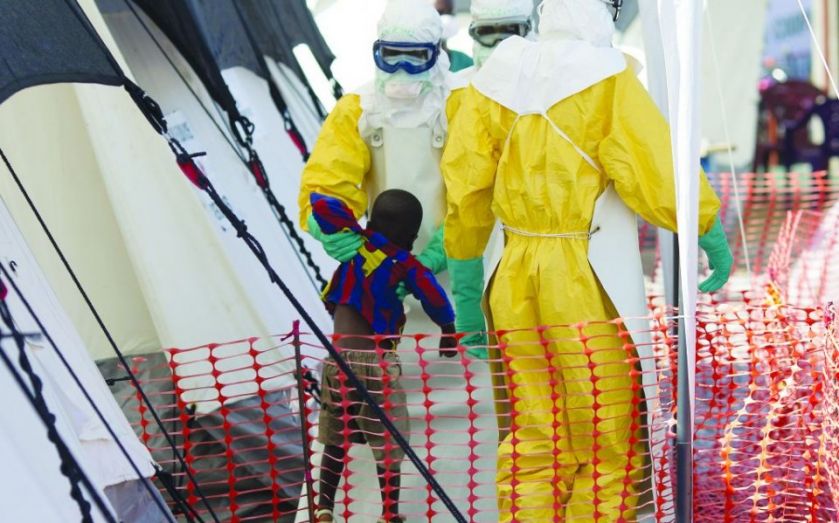Danger zones: Everything you need to do to stay safe when working in risky locations.

Deadly diseases, wild animals, terrorism, crime, kidnapping, political unrest, harsh laws, cultural misunderstandings, extremes of climate, loneliness and isolation – all risks that may be experienced by those assigned to work in dangerous places. From treating Ebola sufferers in Sierra Leone to oil exploration in Iraq, world events show that both the risks – and the need for this work – are as great as ever.
Short of cancelling an assignment altogether (sometimes the only rational option), it is never possible to reduce these risks to zero. Key to minimising disasters is planning and preparation, and employers and workers have a common interest here.
HEALTH AND SAFETY
Top of the list for individuals will be health and safety, but this is important for employers too. Moral obligations aside, UK employers have a statutory duty to ensure, so far as is reasonably practicable, the health and safety of employees at work. Implied contractual terms and the criminal law of corporate manslaughter also come into play.
Steps to reduce the risks of harm will vary. Employers and workers should find out as much information as possible about local risks from up-to-date, reliable sources, and then tailor training, safety measures and procedures accordingly. Training may include languages, cultural awareness, survival skills, keeping safe and well, and what to do in an emergency. Practical measures could include vaccinations, secure housing and vehicles, security guards, GPS tracking and personal protective equipment. Procedures for communication, emergency medical treatment, other emergencies, and evacuation all help.
KIDNAPPING AND DEATH
Appropriate insurance is essential (but no substitute for proper risk assessments and safety measures). This could extend to kidnapping and ransom insurance – but don’t shout about it!
Workers should think practically about the consequences should they die abroad. Life assurance policies may be affected. There is one small consolation – inheritance tax exemptions are being extended to humanitarian aid workers who die responding to global crises.
DANGER MONEY
Fulfilling a sense of adventure or humanitarian compassion is not always enough. For certain roles, employees may expect higher than usual pay as an incentive for taking greater risks. This can help employers fill otherwise unattractive roles. It will not, however, absolve them of their legal obligations to the employee. Neither will insurance.
THE “RIGHT” PERSON
Some people will not cope, or perform well, under the pressures of local hardships or dangers. Medical and personality testing can assist in identifying suitability, but discriminatory assumptions about suitability based, for example, on gender, age, disability, religion or marital status, should be avoided.
Employers should make it clear that this is no ordinary family-friendly ex-pat package, and that family members may not be permitted to accompany or visit. Alternatives may include additional leave for visits home or for travel to a less dangerous location nearby.
Employers should also make employees aware of the risks, and then give them the opportunity to refuse the assignment – without repercussions. Workers should be realistic and honest with themselves.
LOCAL COMPLIANCE
Finally, local employment laws, immigration requirements and tax regimes may apply and specialist advice on all relevant jurisdictions is essential. There may also be mandatory local regulatory regimes or professional qualifications for certain sectors. Background vetting may be required, and can help avoid reputational harm to organisations, particularly for work with children.
Anne-Marie Balfour is senior associate at Charles Russell Speechlys.
Smooth presenting
Free
This award-winning app is used by sales professionals and others to present and share PowerPoints from tablets. If you’re presenting remotely, you can use SlideShark to broadcast in real-time from an iOS device – and it won’t matter what device those on the other end are using. You can also present offline.